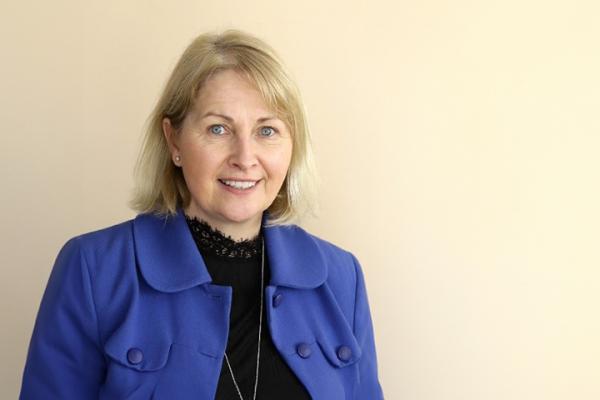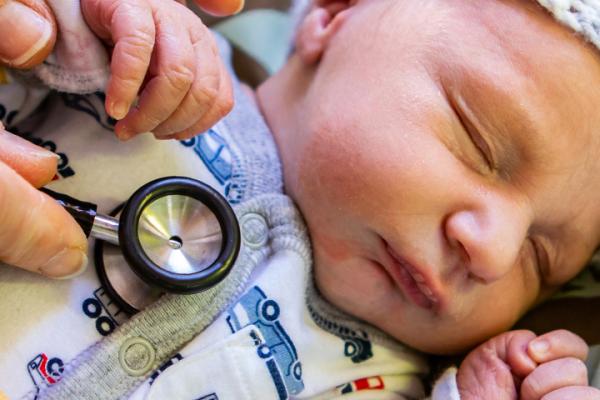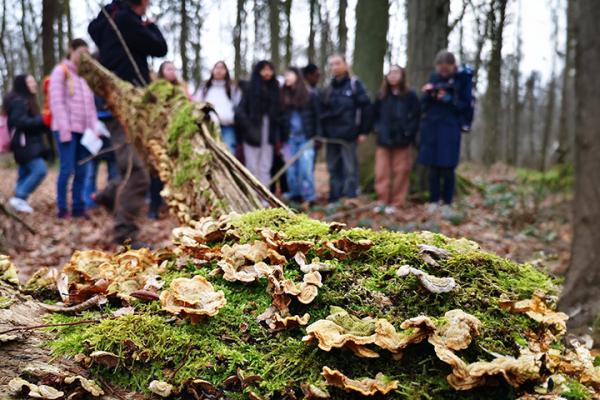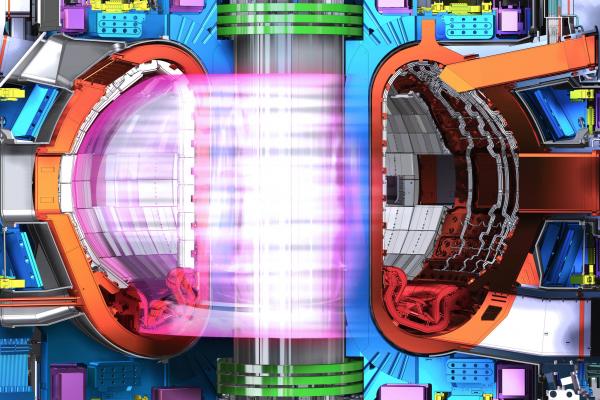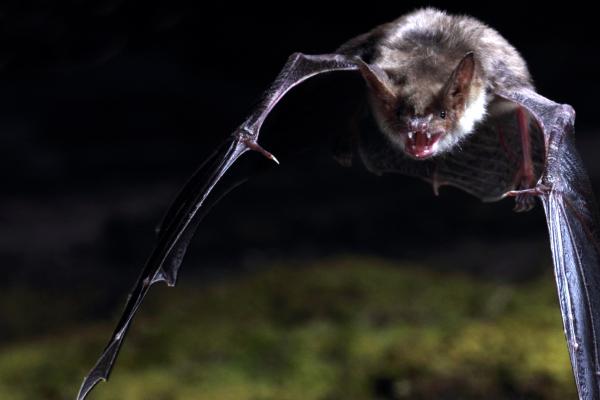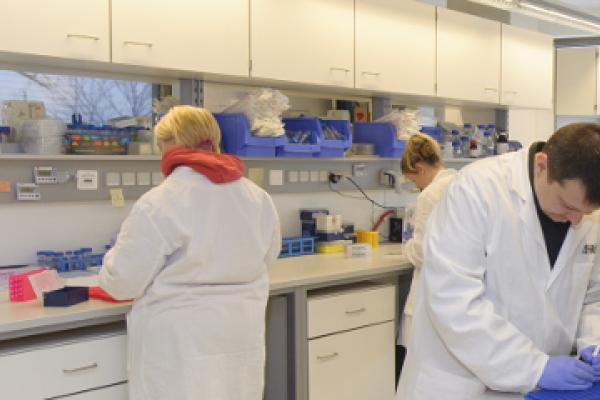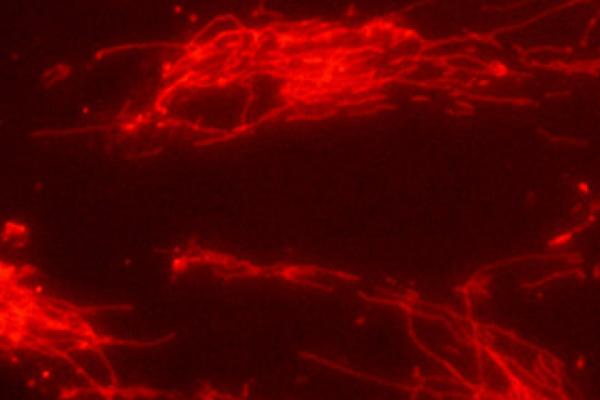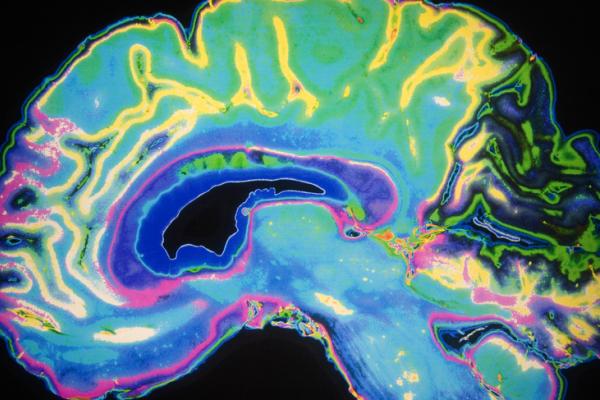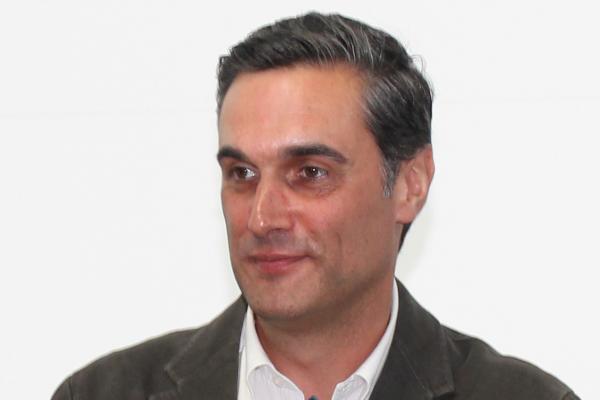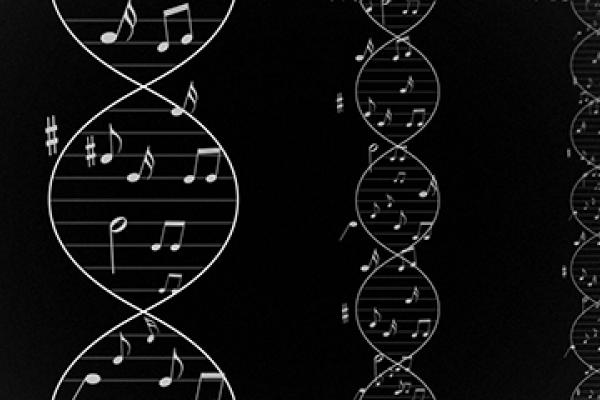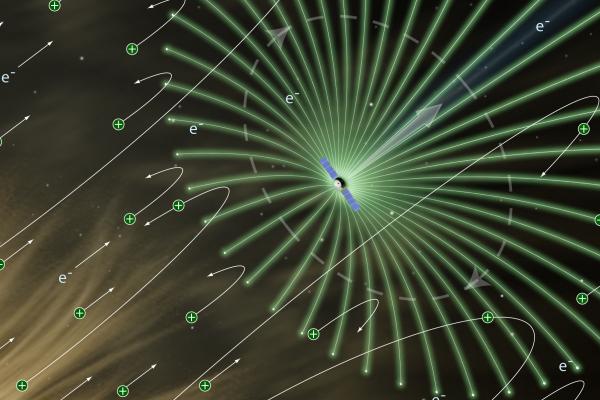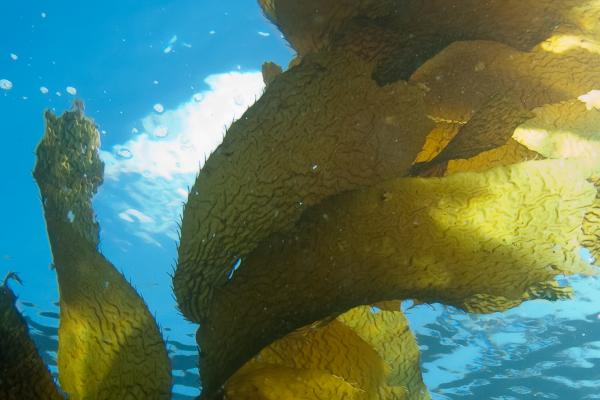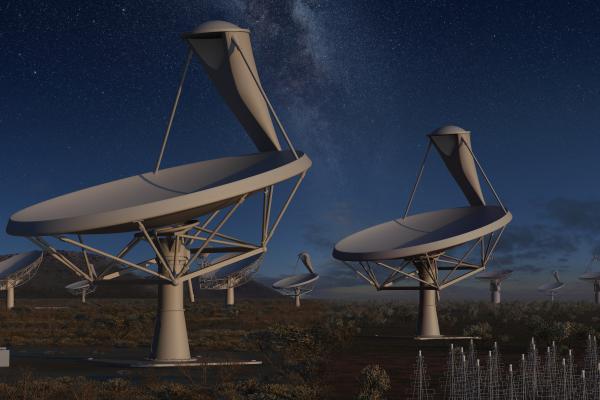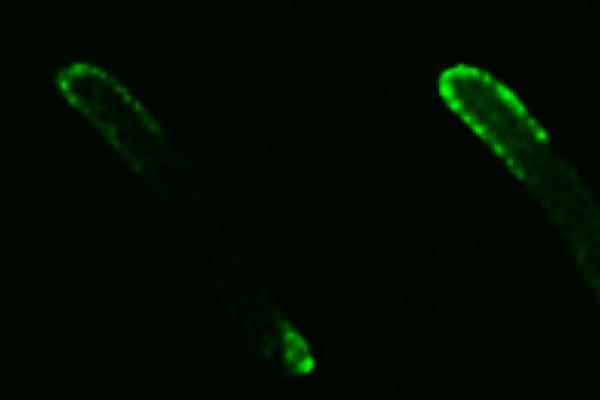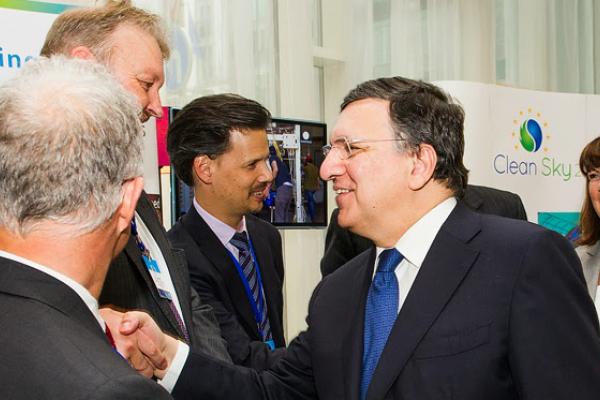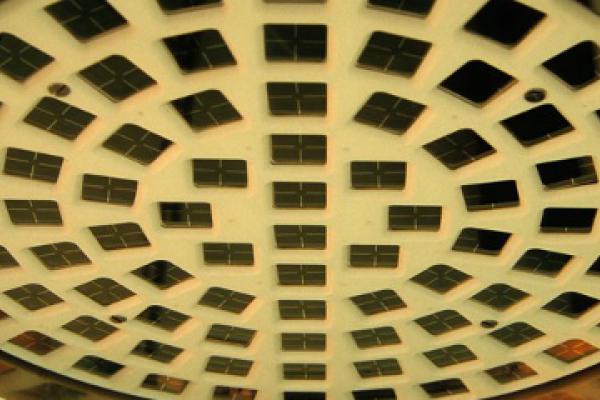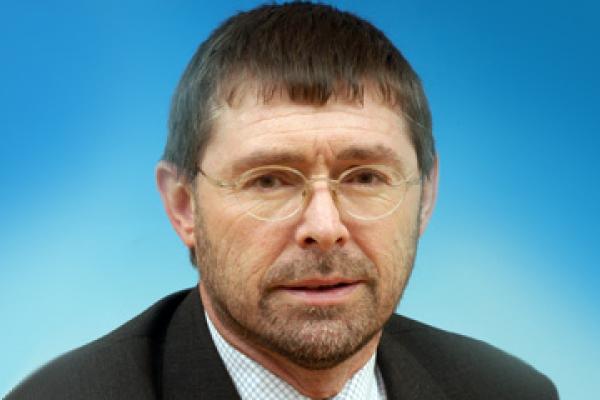EU-funded researchers are exploring new ways to learn that make science more relevant to everyday life – and more fun.
Special series

Researchers on a mission
The EU is on a mission with researchers to protect our planet and society.
By helping researchers discover new ways to improve people’s lives, and to protect us from climate change and global health shocks, the EU is building a better future for all of us.
Most popular
-
1
-
2By Andrew Dunne
-
3By Horizon Staff
-
4By Helen Massy-Beresford
-
5
Top videos
Miracle material enters the limelight with European help
14 July 2024
Pioneering care for preemies – from artificial placentas to brain-healing stem cells
12 July 2024
Past articles
Children born from mothers who were poorly nourished or stressed in the early weeks of pregnancy could be more prone to develop diseases such as diabetes, attention deficit hyperactivity disorder (ADHD), or even end up with below-average IQs.
Engineers are starting work on the world’s biggest freezer – a giant cryogenic plant that will cool parts of the International Thermonuclear Experimental Reactor (ITER) to a fraction above absolute zero.
Scientists are closing in on the genes that make us eat too much, and their findings could lead to powerful new drugs in the future.
Researchers are studying the DNA of bats in order to shed light on why they age so slowly - something which could help uncover ways to reverse the ageing process.
Scientists have worked out how to make our immune systems turn against proteins linked to diseases like Alzheimer’s and Parkinson’s, offering the possibility of stopping and even reversing the effects of these devastating conditions.
Bats live for longer than their body size suggests, up to twenty times longer. In August, we hear how profiling their DNA is giving researchers clues about how to extend human life.
For the brain, time becomes a factor when dealing just with space, and vice versa – that’s the finding of researchers who are using modern technology to answer an age-old problem.
The economic crisis in Europe has forced many countries to scale back financing for blue-sky research, making European Research Council (ERC) funding increasingly important, according to the ERC’s 4 000th grantee, Dr Manuel Arruebo, professor of chemical engineering at Zaragoza University in Spain.
A friendship struck up in the photocopying room of Trinity College Cambridge, in the UK, between two senior academics – one in the arts, and one in the sciences – has led to an innovative translation of science: a piece of music for a string quartet.
A solar sail the size of almost 60 football fields could be one of the fastest ways across the solar system, as long as it is made out of microscopic charged wires.
Lightweight magnetic shields could be the best way to protect an astronaut from deadly radiation as they travel to Mars or beyond.
Researchers are developing textiles that could be used for large-scale seaweed farms off Europe’s coast.
The planned Square Kilometre Array telescope, a radio telescope to span two continents, could be instrumental in finding intelligent alien civilisations within our lifetimes, according to Dr Seth Shostak, senior astronomer at the US-based Search for Extra Terrestrial Intelligence (SETI) Institute. Dr Shostak was a speaker at the EU's Innovation Convention in March 2014.
A solar sail almost four times the size of the city of Paris could be one of the fastest ways across the solar system, as long as it is made out of microscopic charged wires.
New imaging techniques are helping give researchers an edge over nature, allowing them to create revolutionary new antibiotics which bacteria will struggle to develop resistance against.
The EU, European Member States and private companies have teamed up to boost economic competitiveness, create jobs and stimulate growth through seven public-private partnerships. They have announced EUR 1.13 billion of public funding to researchers who can help find solutions to some of the most pressing issues.
A new wave of researchers is setting out to help shed light on the unseen forces shaping the universe, and keep Europe at the forefront of experimental cosmology.
The convoying of trains could be one way to help double railway capacity and reduce carbon emissions, according to Andy Doherty, vice-chairman of the European Rail Research Advisory Council and Director of railways system engineering at Network Rail, the UK rail network operator.
European astronomers are planning to use a telescope as big as the earth to take the first ever photograph of a black hole – a task akin to photographing a mouse on the surface of the moon.
Could the Higgs boson help shed light on dark matter, or will a ghostly X-ray signal recorded by Dutch researchers turn out to be a first sign of the mysterious substance?
Weekly news alert






